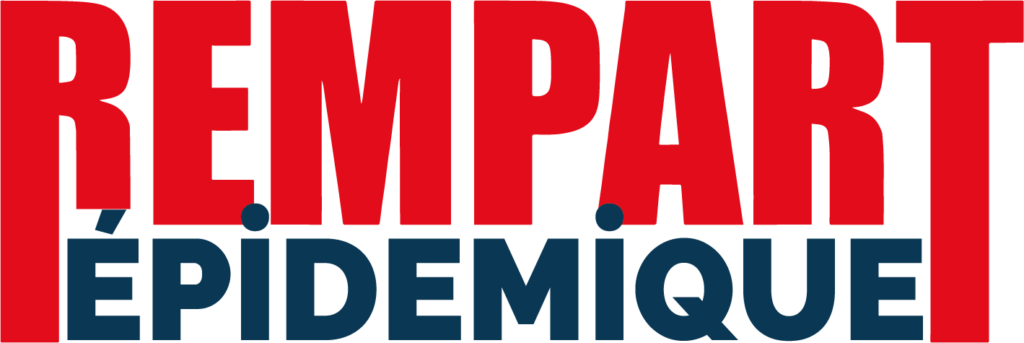
Our 2nd webinar will start in :
- 00Days
- 00Hours
- 00Minutes
- 00Sec.
CARIBBEAN
ONE HEALTH APPROACH IN THE CARIBBEAN
THE "MALIN" PROJECT
(Infectious Diseases in the Tropical Island Environment)
Led by CIRAD "International Cooperation Center for Agronomic Research for Development".
The first phase of the MALIN project (2014-2021) is a collaborative project with many institutions in Guadeloupe that uses an integrated approach and aims to improve the control of human, animal and plant infectious diseases in Guadeloupe and the entire Caribbean. Therefore, the project involves all Guadeloupean institutions involved in understanding, monitoring, and controlling these diseases. Coordinated by CIRAD, the MALIN project is based on a multidisciplinary approach combining microbiology, epidemiology, entomology and socio-economics.
> The MALIN project has been renewed since 2021 and is currently focusing on the axis: “Reducing the risk of emergence and importation of infectious diseases on human, plant and animal health and improving prevention.”
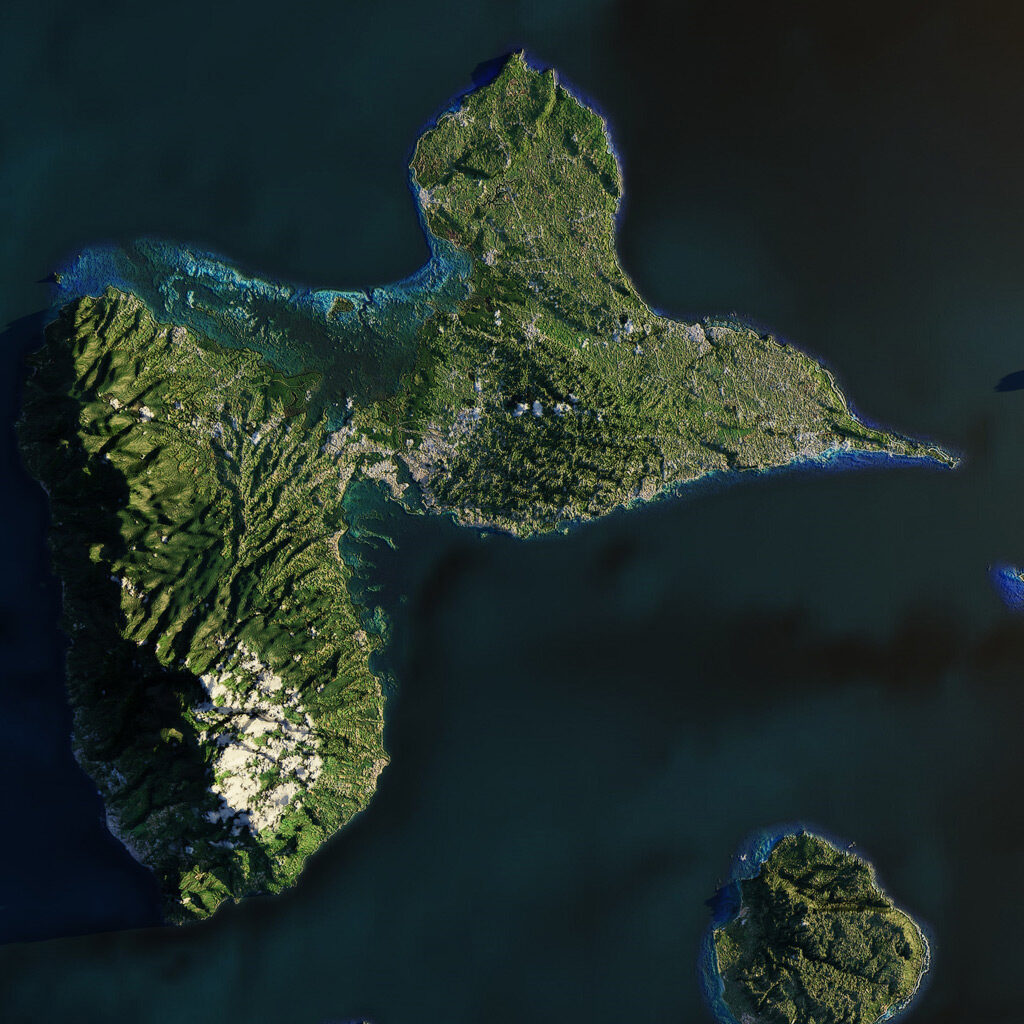
THE OBJECTIVES
Objective #1
Improve knowledge, diagnosis, and surveillance of human, animal, and plant infectious diseases of interest to the territory.
Objective #2
Develop alternative and sustainable methods of control against these diseases.
Objective #3
Evaluate the economic and social impact of these diseases, their surveillance, and control methods.
Objective #4
Transfer project innovations to end-users through technical training.
Objective #5
Train future local infectious disease research leaders and provide continuing education in key areas (bioinformatics, sequencing, proteomics).
THE ACTIVITIES
"One Island, One Region, One Health" Approach
Surveillance and emergence factors of human, animal, and plant infectious diseases of interest to the territory.
- Caribbean networks for surveillance and alert in animal, plant, and human health.
- Influence of environmental and food factors on the spread and emergence of pathogens in humans (CHU, Institut Pasteur, University, CIRAD).
- Pathogen evolution dynamics (CIRAD, INRAe, Institut Pasteur).
- Dynamics of human and animal vector-borne diseases (CIRAD, ARS, Institut Pasteur, University of the Antilles, Santé Publique France).
Development of alternative control methods
against infectious agents of interest to the territory.
- Anti-pathogenic control of animals and humans (CIRAD, Institut Pasteur, CHU).
- Vector control: development of alternative mosquito control methods Aedes aegypti and integrated control methods against the Creole tick (CIRAD, University of the West Indies, Institut Pasteur, ARS, Santé Publique France)
- Genetic control (INRAe, CIRAD).
Communication with the public
and end-users
Training of future local actors in research (CIRAD):
- Communication during congresses, seminars, public events
- Training of young students or researchers
Management and coordination
Establishment and management of various meetings:
- Coordination of the 4 thematic working groups
- Meetings of the coordination platform for the progress of the project
- Steering committee meeting (once a year) to review results
and project innovations
SOME MISSIONS
KaruBioNet
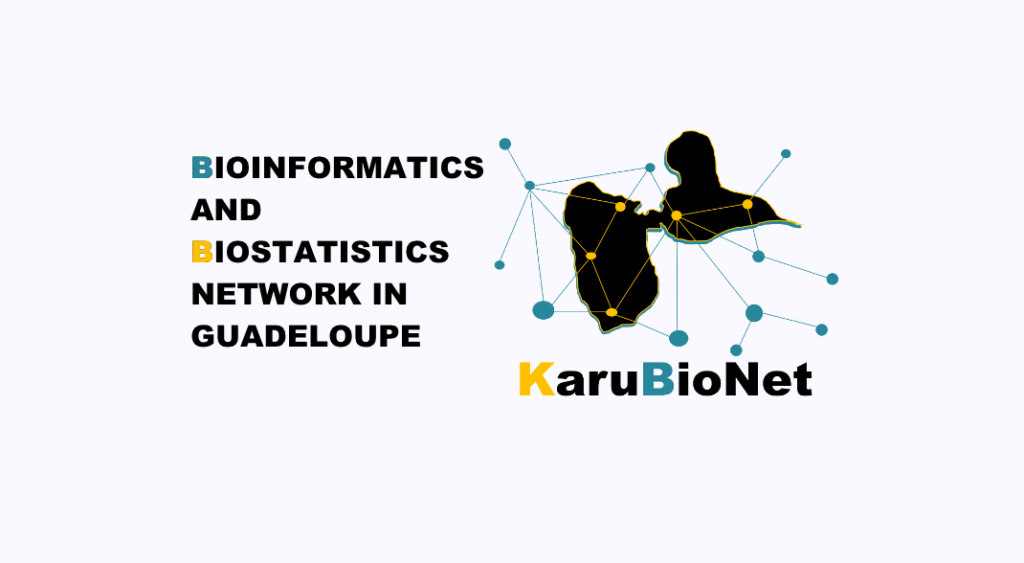
Establishment of KaruBioNet, a network dedicated to bioinformatics in Guadeloupe. This is a platform for discussion, sharing, training and mutual assistance between researchers, engineers and students working on these tools or wishing to develop skills in bioinformatics within the framework of research projects.
Epidemiological surveillance


Epidemiological surveillance of black Sigatoka on plantain plots.
The objective of this monitoring is to estimate the infectious potential of plantain plots towards Cavendish plots, by monthly monitoring of the disease level and measuring the sporulation capacities of the fungus responsible for the disease.

Field Diagnosis of Fusarium Disease


Conditioning of plant samples for fungal DNA extractions.
The objective of this part of the mission was to evaluate the quality of the work carried out by AGRENE and to train its staff in the reading of internal and external symptoms of Fusarium head blight, in view of future collaborations. As a result of this mission, the assessment of the quality of the work done and the report submitted by AGRENE is very good.
Rendezvous on animal health research


A dozen participants representing DAAF, IGUAVIE, ITEL, Chambre d’Agriculture, ITAVIE, AVICOOP, SOGWAVIC, ONCFS and a veterinarian met the researchers of the Malin project working on veterinary health issues.
The objective of this meeting was to present a restitution of the risks of avian influenza in Guadeloupe. Manon Gatti, trainee in the framework of the Malin project, presented in the first part the qualification and the weighting of the risks with the actors and in the second part a spatialized analysis of the risks of Avian Influenza in the French Departments of America.
RESULTS
OF THE "MALIN" PROJECT
Identification of new pathogens
Mapping antimicrobial resistance
The MALIN project mapped antimicrobial resistance in the islands studied, using stool and soil samples from farm animals. These maps can help prevent the spread of antimicrobial resistance.
Epidemiological surveillance
The MALIN project has established epidemiological surveillance systems for several infectious diseases in the study islands, including dengue, leptospirosis, and typhoid fever. These systems allowed for early detection of outbreaks and the implementation of control measures.
Awareness and training
The MALIN project organized awareness and training sessions for local health professionals on the prevention, diagnosis and management of infectious diseases. This awareness and training is important for improving health care in the study islands.









PROJECT "One Health, One Caribbean, One Love"
xxxx
The challenge
Promoting an integrated and holistic approach to human, animal, and environmental health issues is complicated in the Caribbean due to physical distance, diversity, and governance disparities among nations. The region faces problems such as tropical storms, water shortages, sea level rise, fisheries losses, mosquito-borne diseases, and chronic diseases related to poor nutrition, poverty, and environmental pollution.
Caribbean countries lack the capacity to recognize and diagnose infectious animal and zoonotic diseases, jeopardizing public health, local economies and tourism. Diagnosing and responding to these diseases locally is therefore crucial, given the emergence of new diseases and the effects of climate change on their incidence and transmission.
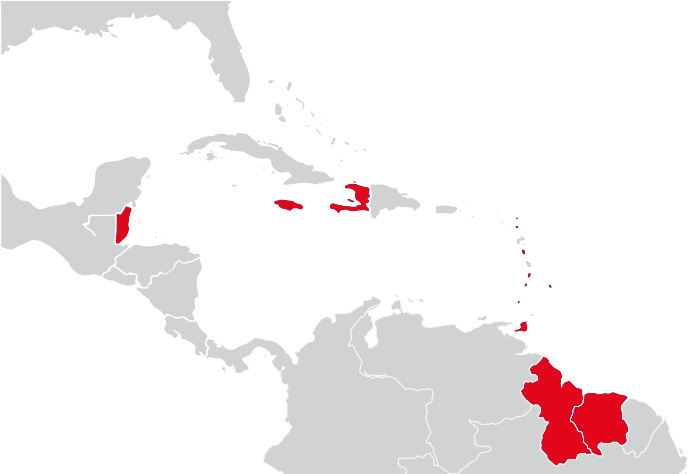
RESULTS
12 national One Health community projects were created, developed and implemented by national One Health networks.
12
One Health small-scale projects.
8
Promotional videos and
20
Training videos.
2
One Health Webinars
300
Hard copies of the book “Caribbean resilience and prosperity through One Health” distributed to key One Health stakeholders in the Caribbean.
Key lessons and best practices
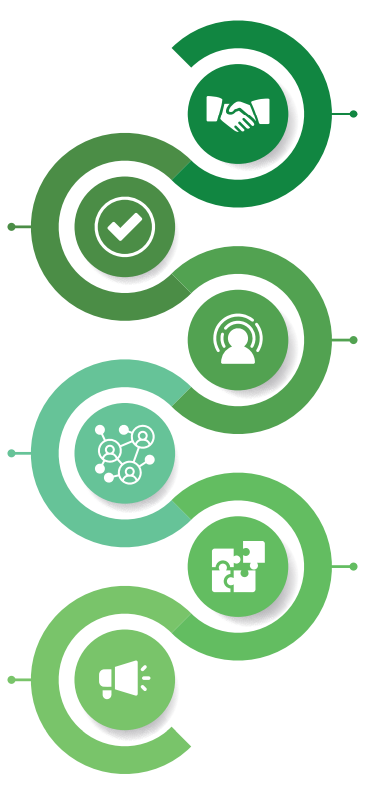
PHASE 2
ONE HEALTH APPROACH IN SOUTH AMERICA
1. Pasteur-USP scientific platform.
A new Paster-USP scientific platform in Brazil to fight neurological disorders with a "One Health" approach.
A group of scientists is setting up in Brazil, the first research team resulting from the University of São Paulo/Pasteur Institute/Fiocruz tripartite agreement signed in 2015. This scientific platform will focus on neurological disorders caused either by infectious agents or degenerative/evolutionary diseases. Both causes are growing problems in Brazil.
